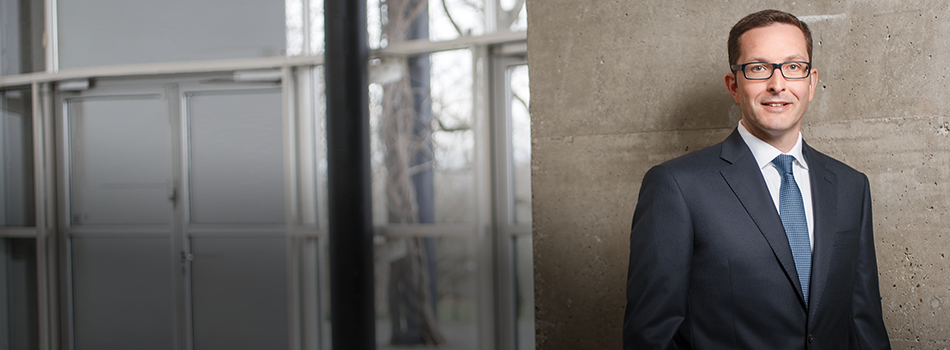Wintershall Output Grows, Russia Remains Key
German producer Wintershall hit a record output last year of 165mn barrels of oil equivalent (452,000 boe/d), up 8% on 2015, meaning a 50% rise over the last ten years. Norway and Russia were its main growth regions. But divestments to Gazprom meant that Wintershall's earnings were much lower.
Key projects in the coming years will be Maria and Aasta Hansteen offshore Norway, the Achimov formation projects in Russia, and Tierra del Fuego and Neuquen in Argentina. “Russia is our most important core region, nothing will change that,” said CEO Mario Mehren (pictured below).
Wintershall is the wholly owned upstream arm of German chemicals giant BASF.
BASF and Gazprom chiefs met March 21 for talks at Gazprom's HQ. BASF CEO Kurt Bock and his Gazprom counterpart Alexei Miller discussed the Yuzhno Russkoye field, where a change in shareholdings is due, and also issues relating to the implementation of the Nord Stream 2 gas pipe project.
Wintershall doubled its commercially recoverable oil and gas reserves from 814mn boe to 1.62bn boe over the period, the company said March 22. Mehren said it had laid solid foundations for profitable growth ahead. In 2017, it expects a significant rise in sales and EBIT before special items.
“This is because we made the right investments early: in oil and gas fields in regions with low production costs and in expanding our strong partnerships,” Mehren explained, adding that the focus in 2017 will primarily be on improving the company’s results. “We plan to achieve much higher earnings for BASF with our oil and gas business in 2017.”
He said the company was profiting from low production and reserve replacement costs, especially in Russia and Argentina.
Exploration expenditure, the development of proven oil and gas reservoirs and technology, particularly in countries with high costs, were all cut by around €700mn ($755mn), Mehren said. Spending discipline would be a key success factor in 2017 too, he added.
Although profits fell sharply in 2016 owing to the slump in oil and gas prices and the asset swap with Gazprom completed last year, Wintershall still achieved sales of €2.768bn (2015: €12.998bn) and EBIT before special items of €517mn (2015: €1.366bn). In 2015, the activities divested to Gazprom contributed €10.1bn to sales and about €260mn to EBIT before special items. Wintershall’s earnings from the Russian gas field Yuzhno Russkoye were lower, as the contract enables Gazprom to take more after it had taken less in the past. Wintershall generated net income of €362mn in 2016.
The average Brent crude price was $44/b, down from $52/b in 2015, while spot gas prices were down 30% on average, although oth improved “significantly” by year end.
Overall, Wintershall plans to invest some €4.4bn to step up its oil and gas activities by 2021, with Russia, Argentina and Norway the chief areas. That is around a quarter (23%) of the entire investment budget of the BASF Group from 2017 to 2021. “We still have to weigh up every decision very carefully and examine how robust the projects are to increased price volatility,” Mehren explained.

In Libya, Wintershall was only able to produce again in onshore concession 96 from 16 September 2016 owing to the difficult political conditions, and it resumed production at a low level of 35,000 boe/day.
BASF group published its annual results on February 24, which included a 38% fall in 2016 operating earnings (Ebitda) from Wintershall.
Norway 'the most reliable supplier'
Separately, Wintershall said a survey carried out on its behalf by Forsa revealed that 68% of Germans "consider Norway to be a reliable energy supplier. No other country has high ratings like this." The survey also found that "Germans still doubt the success of their energy transition – the 'Energiewende': In the spring of 2017, only 44% of the public still believe the 'Energiewende' is working." And the majority of those surveyed (70%) believe that Germany will need even more natural gas in the future (48%) or at least as much as today (22%).
William Powell



